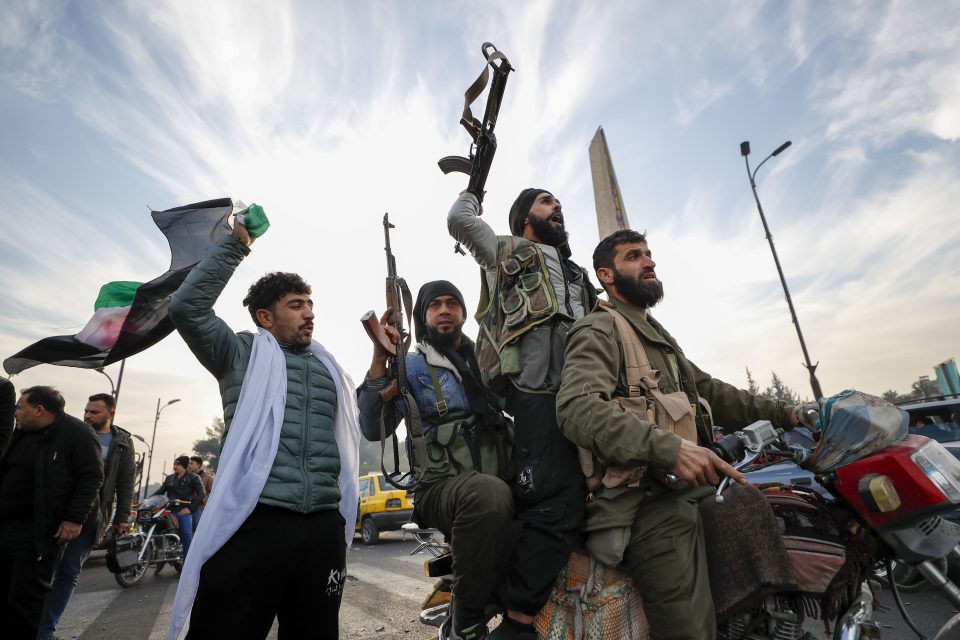Donald Trump has called for an immediate settlement to the ongoing conflict in Syria, urging Russian President Vladimir Putin to act as rebel forces make significant advances toward the capital, Damascus.
Speaking from Paris during a gathering with world leaders, Trump posted on his Truth Social platform that “Syria is a mess, but is not our friend,” asserting that “THE UNITED STATES SHOULD HAVE NOTHING TO DO WITH IT. THIS IS NOT OUR FIGHT. LET IT PLAY OUT.” His comments reflect his administration’s stance against interventionist policies in foreign affairs.
Trump’s remarks come at a critical time as rebel forces continue their offensive against Assad’s regime, capturing multiple cities, including Homs and other key locations, in a rapid succession of military gains.
The president-elect’s comments raised significant questions about his future foreign policy approach given the complexity of the situation, and whether his administration could adopt a hands-off stance now that the Assad regime might be significantly weakened.
On NBC’s Meet the Press, National Security Adviser Jake Sullivan noted that the speed and scope of the rebel advancements could be attributed in part to military distractions faced by Assad’s primary allies—Russia and Iran. He referred to Assad’s precarious position, stating, “His forces are hollowed out.”
While Trump seems to advocate for non-intervention, calls for support from U.S. allies, including Turkey, have surfaced. With ongoing tensions surrounding Kurdish forces in Syria and their designation as a terrorist organization by Turkey, the situation remains fraught with complexity.
In a recent statement, Turkish President Recep Tayyip Erdogan expressed concerns about Kurdish influence along the Turkish border, while also stressing the need for a political solution in Syria. Trump’s ability to navigate these delicate relationships will likely be pivotal in shaping U.S. involvement in the region moving forward.
Hurdles remain as neither Trump nor Biden before him had clear strategies regarding Syria, and political realities continue to complicate the landscape. As rebel groups gain further ground, the potential for expanding violence and humanitarian crises increases, propelling the need for a cohesive and actionable plan that addresses the myriad challenges involved.
Trump’s non-interventionist ideology, while appealing to some, could risk stability in a region already beset by profound challenges and historical grievances. The developments in Syria’s conflict will be closely monitored as they unfold, especially in how they impact international relations and U.S. foreign policy directions.
Credit: BBC News




